Chasing those elusive Z’s can feel like a quest for the Holy Grail, but fear not, weary sleep seekers! Our comprehensive list, featuring tried-and-true tactics such as limiting screen time, is a treasure trove of snooze-inducing wisdom straight from the sleep diaries of those who’ve conquered the night. Discover a world of bedtime rituals and quiet night secrets that will guide you to the land of nod.
Create a Restful Environment

Your bedroom should be a sleep sanctuary. Keep it cool, dark, and quiet, using blackout curtains and white noise machines if necessary. Invest in a comfortable mattress and pillows. “A calm bedroom is a sleep-inducing bedroom,” writes one peaceful sleeper on a wellness blog.
Establish a Routine

Creating a sleep schedule and sticking to it can be a game-changer. Our bodies have an internal clock, and a regular bedtime helps stabilize it. Try to go to sleep and wake up at the same time every day, even on weekends.
Limit Screen Time
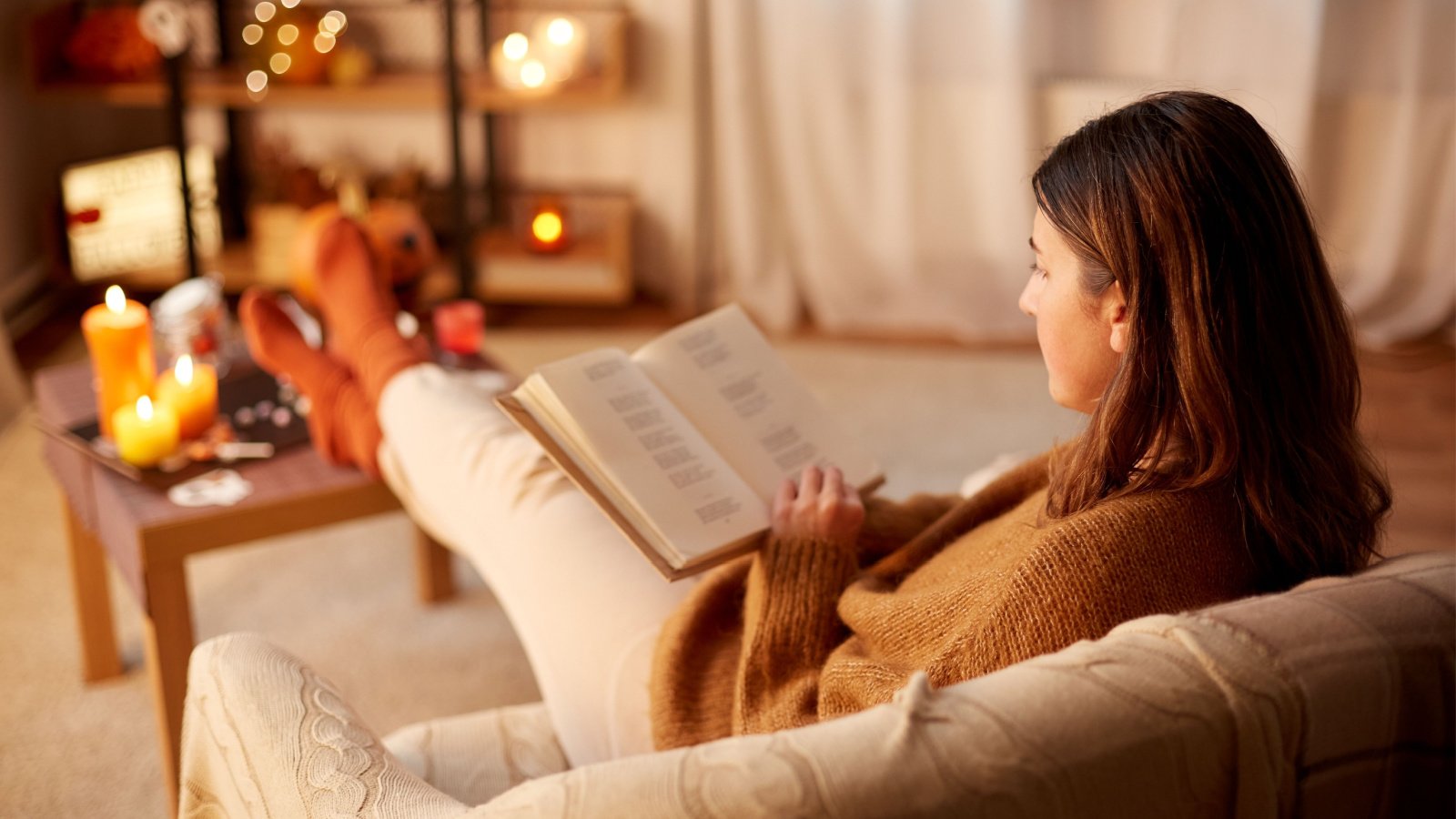
The blue light emitted by screens can interfere with your ability to fall asleep. Turn off electronic devices at least an hour before bedtime. Instead, unwind with a book or listen to calming music. JaneDoe123 commented on a health forum, “Ditching my phone before bed has helped me fall asleep so much faster!”
Mindful Eating and Drinking

Be cautious about what you consume before bedtime. Avoid heavy meals, caffeine, and alcohol close to bedtime, as they can disrupt sleep. Choose a light snack if you’re hungry. Drinking a warm, non-caffeinated beverage can also signal your body that it’s time to wind down.
Embrace the Power of Darkness
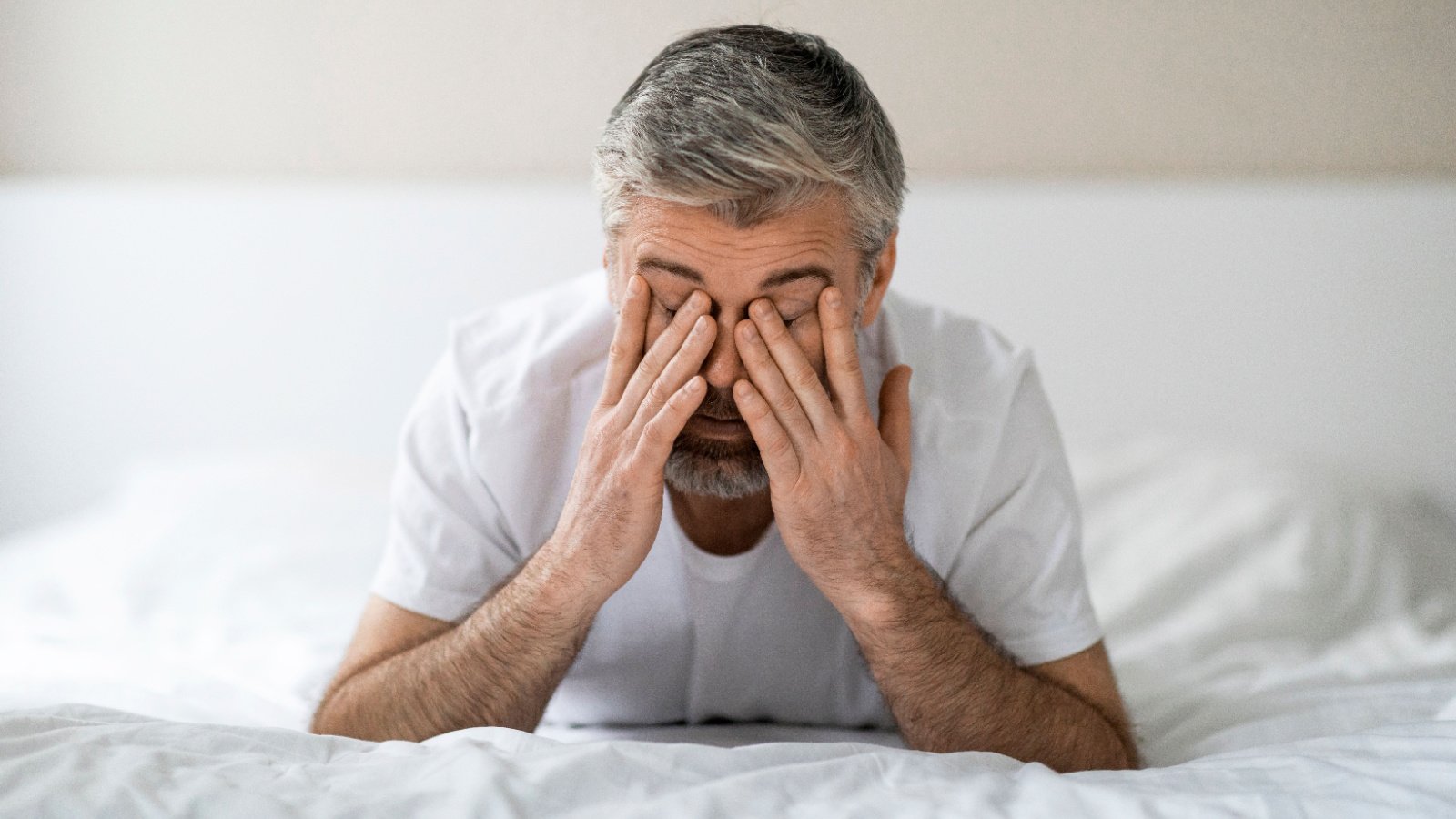
Darkness signals your brain that it’s time to sleep. Using dimmer switches in the evenings can help prepare your body for rest. If you get up during the night, try to do so with minimal light to avoid fully waking up.
Regular Exercise

Daily physical activity can promote better sleep, especially if done in the morning or afternoon. Avoid intense workouts close to bedtime, as they may increase your energy levels. A moderate amount of exercise can help you feel more tired at bedtime. As fitrunner12 notes, “Morning runs not only boost my mood but also lead to deeper sleep.”
Manage Stress
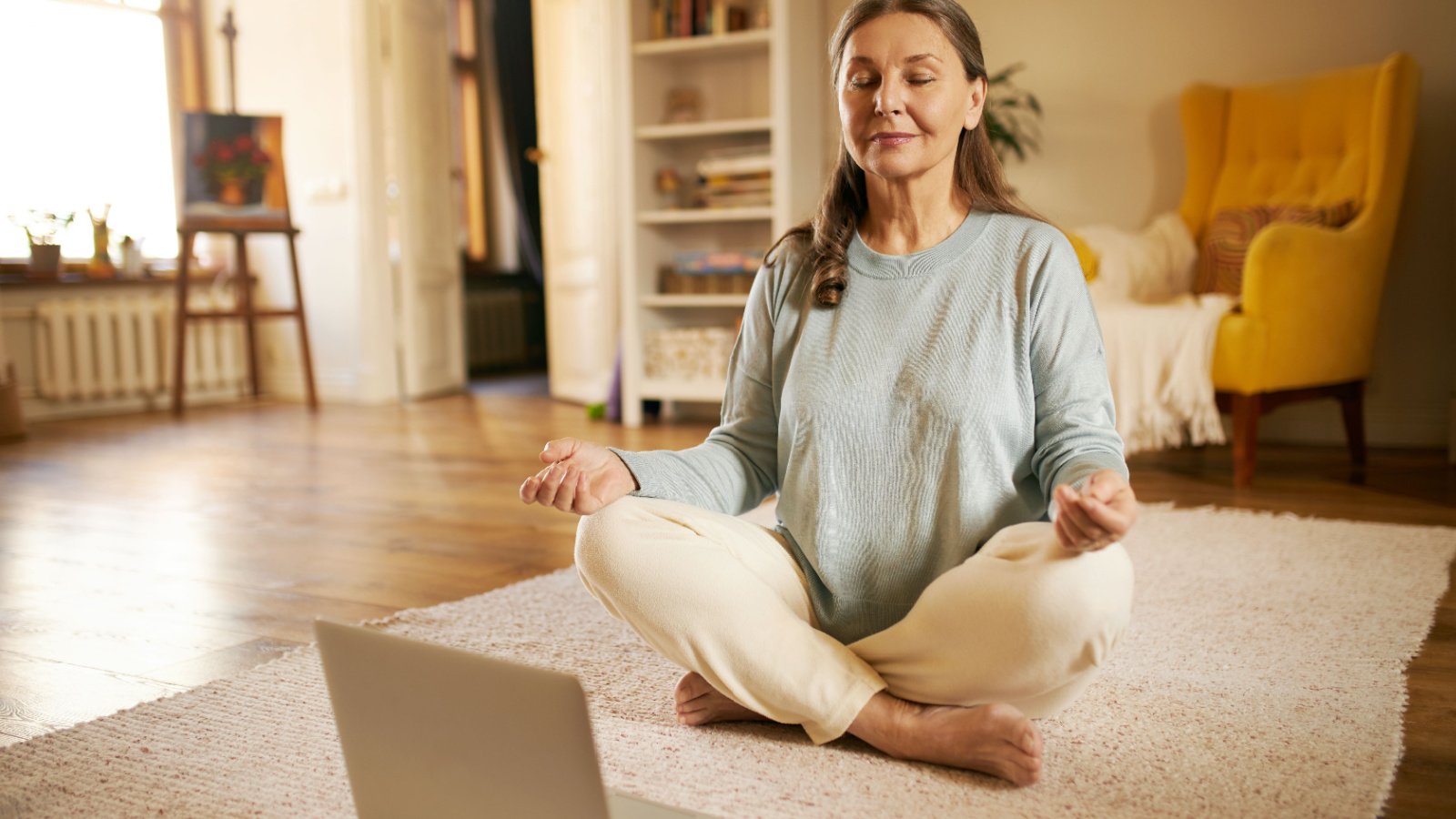
Stress and worry can take a toll on your sleep. Practices such as meditation, deep breathing, or writing in a journal can help manage stress levels. Create a pre-sleep ritual that includes these relaxing activities.
Comfortable Sleepwear
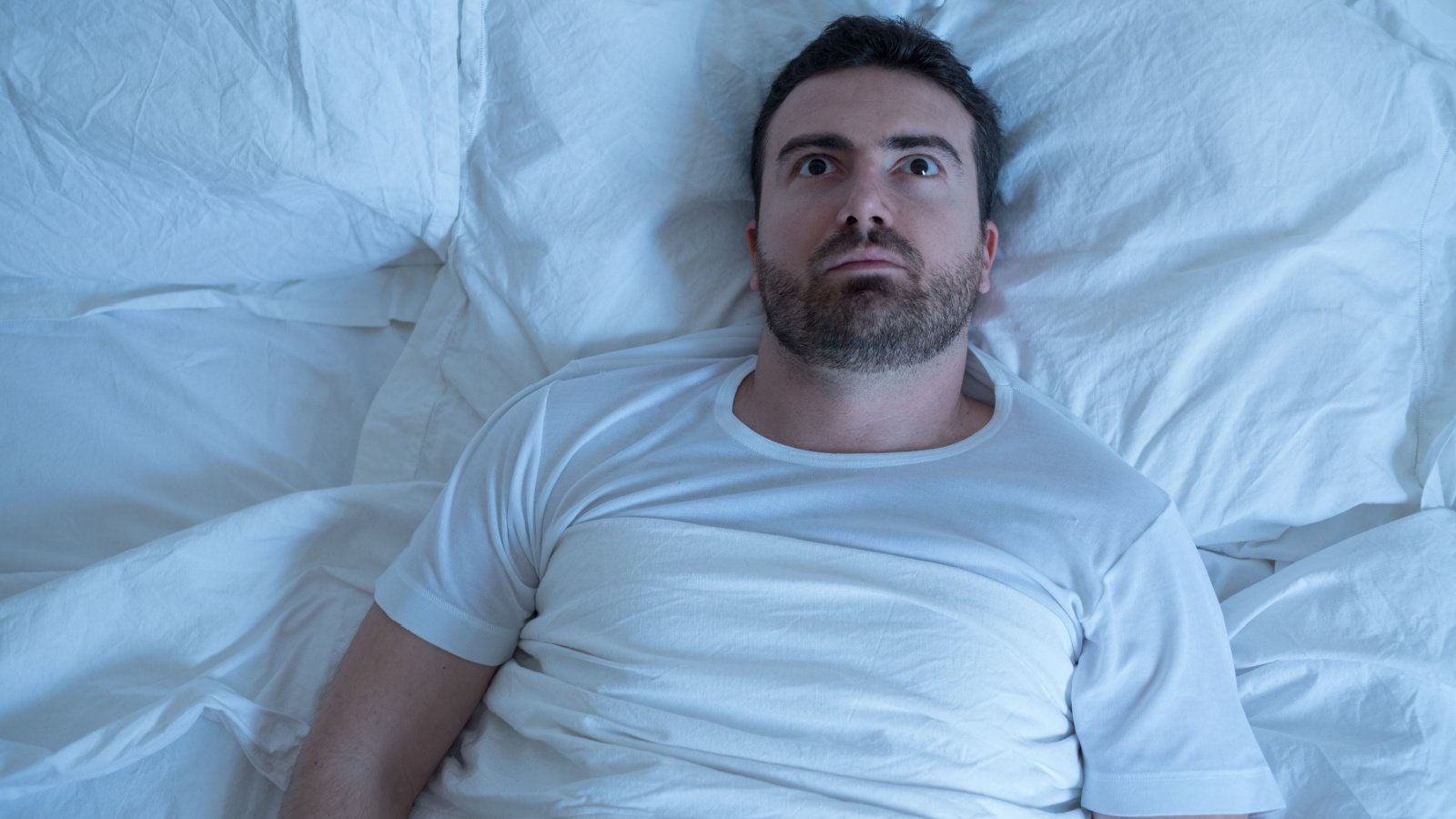
Choose sleepwear that makes you feel comfortable and is suitable for the season. Breathable fabrics can prevent overheating and help maintain a comfortable body temperature throughout the night. The right pajamas can make a significant difference.
Sleep-Inducing Scents
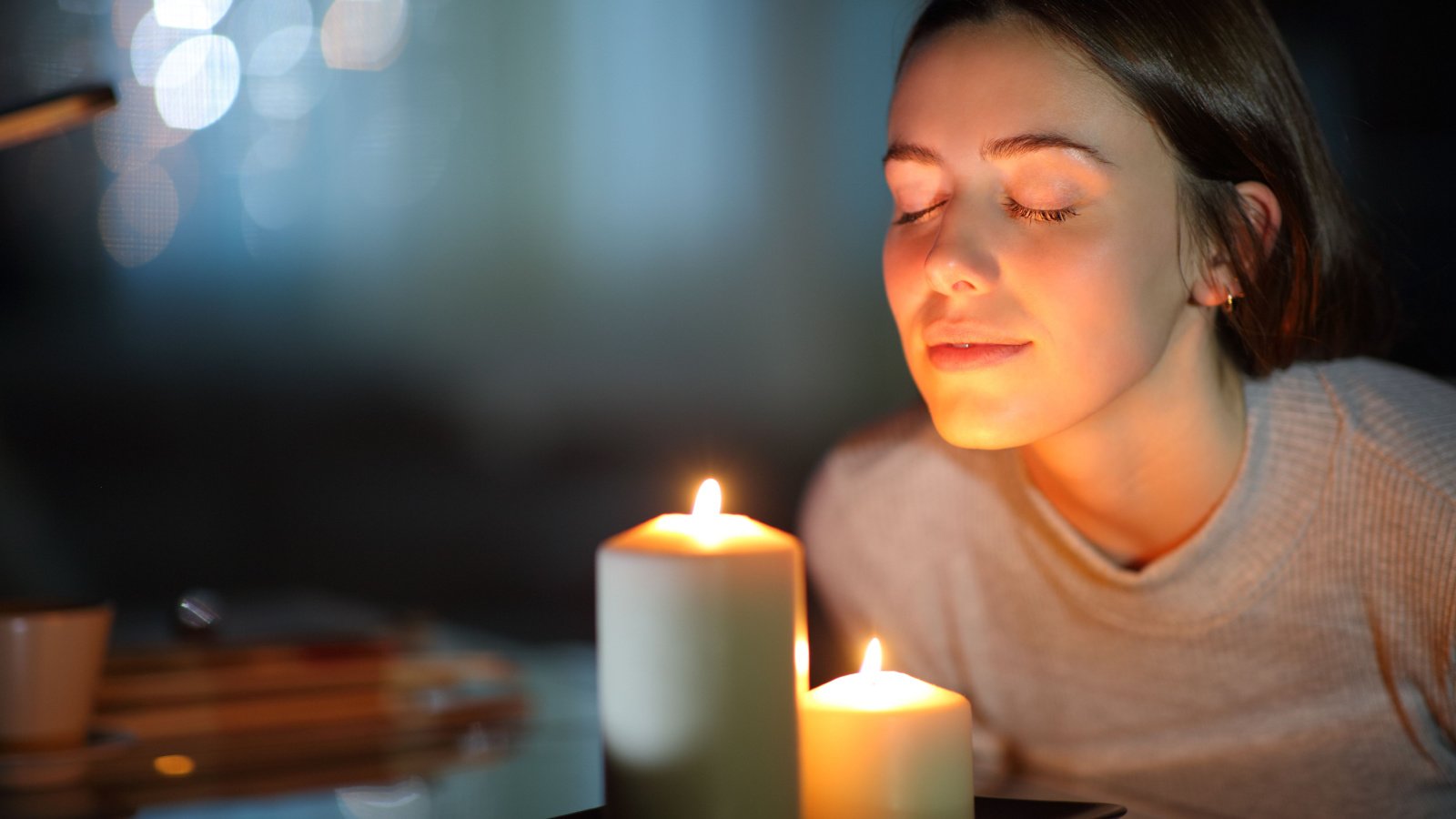
Aromatherapy can be a helpful ally in the quest for better sleep. Lavender, chamomile, and sandalwood are some scents that are known for their calming effects. A few drops of essential oil on your pillow or a diffuser can set the stage for slumber. “Lavender oil has been my go-to sleep aid for years,” says an enthusiast on an essential oils forum.
Consider Supplements

Certain supplements like melatonin, magnesium, or valerian root are known to aid sleep. However, it’s important to consult with a healthcare provider before starting any new supplement. They can help regulate your sleep cycle naturally.
Unwind Your Mind

Engaging in a relaxing activity before bed can help clear your mind. Whether it’s reading, knitting, or listening to soft music, find what soothes you. This transition from wake time to sleep time can be very effective.
Bedtime Yoga
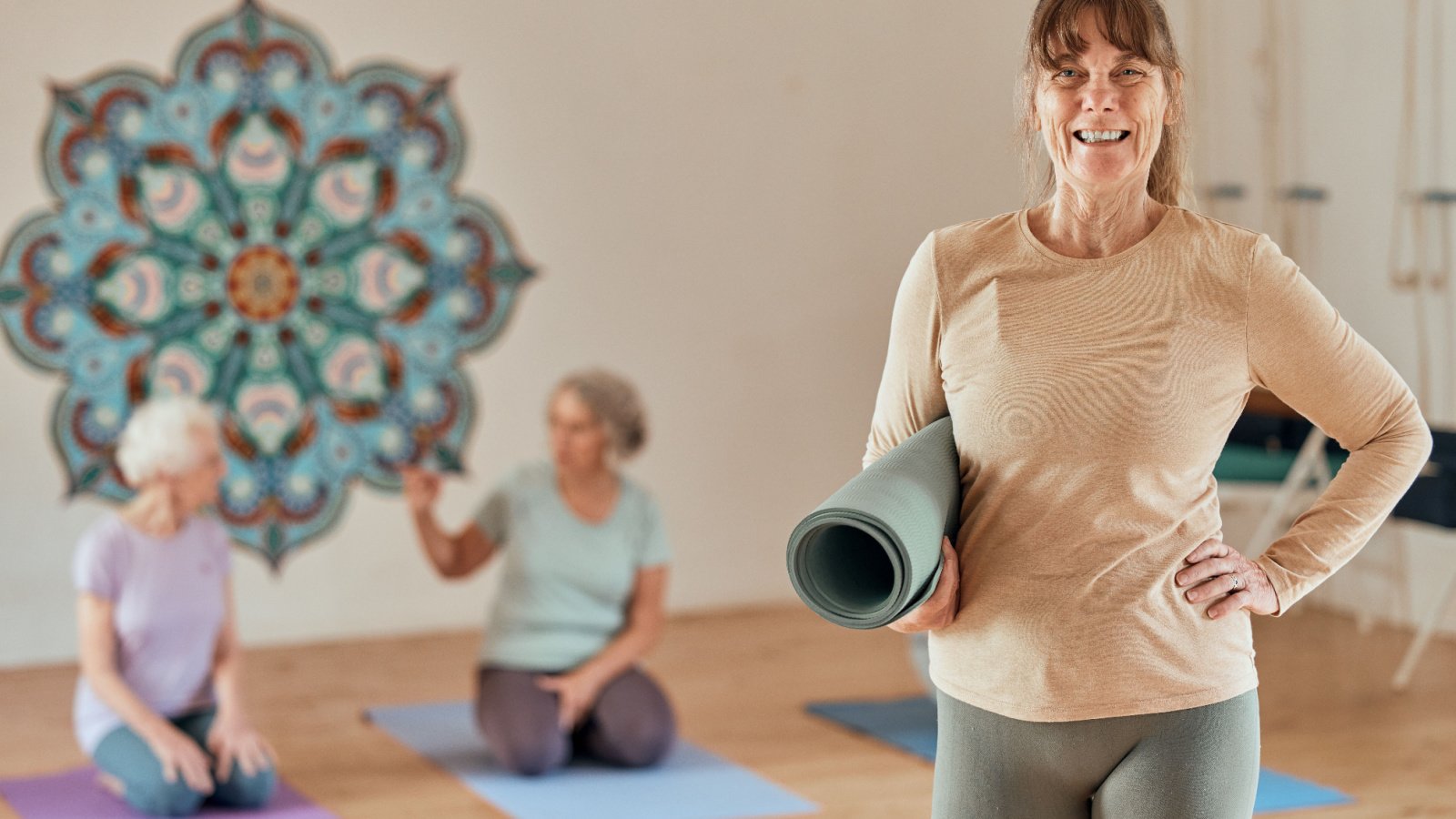
A gentle yoga routine before bed can release physical tension and calm the mind. Focus on slow, stretching movements and mindful breathing. This practice can be a peaceful transition to sleep. “Bedtime yoga has been my nightly ritual for better sleep,” mentions a yogi on a fitness forum.
Avoid Long Naps

While short power naps can be refreshing, long or irregular napping during the day can affect nighttime sleep. If you choose to nap, keep it early in the afternoon and under 20 minutes. This can help you get through the day without compromising your nightly sleep cycle.
Bed is for Sleep and Intimacy Only

Reserve your bed for sleep and intimacy only. Avoid working or watching TV in bed. This will help strengthen the association between being in bed and being asleep, leading your brain to cue sleepiness when you lie down.
Progressive Muscle Relaxation
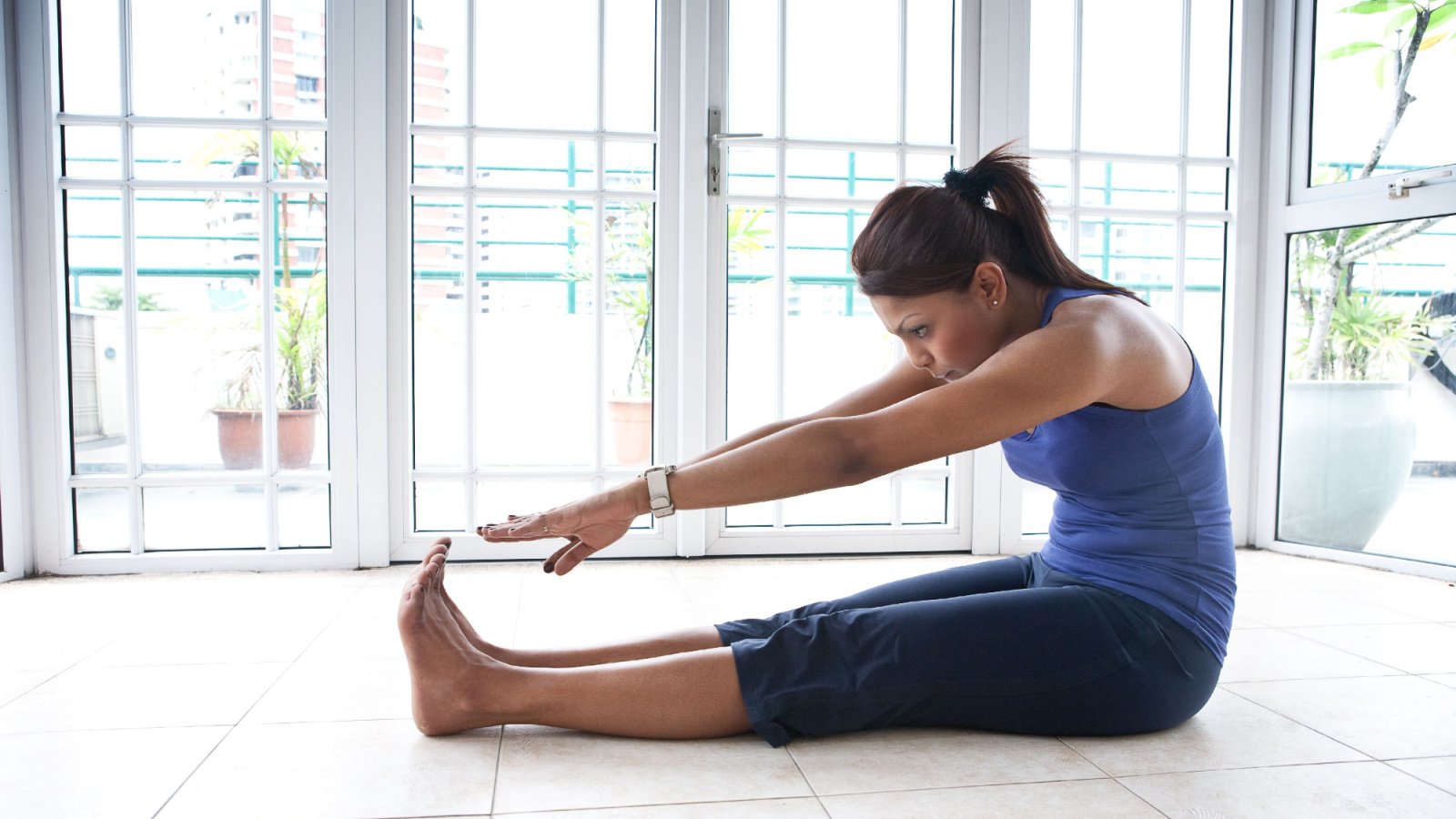
Progressive muscle relaxation involves tensing and then relaxing each muscle group. This technique can reduce stress and prepare your body for sleep. Practice this method while lying in bed, starting from your toes and moving upwards. “It’s like a signal to my body that it’s time to sleep,” describes a sleep enthusiast on a wellness website.
Reflect on Gratitude
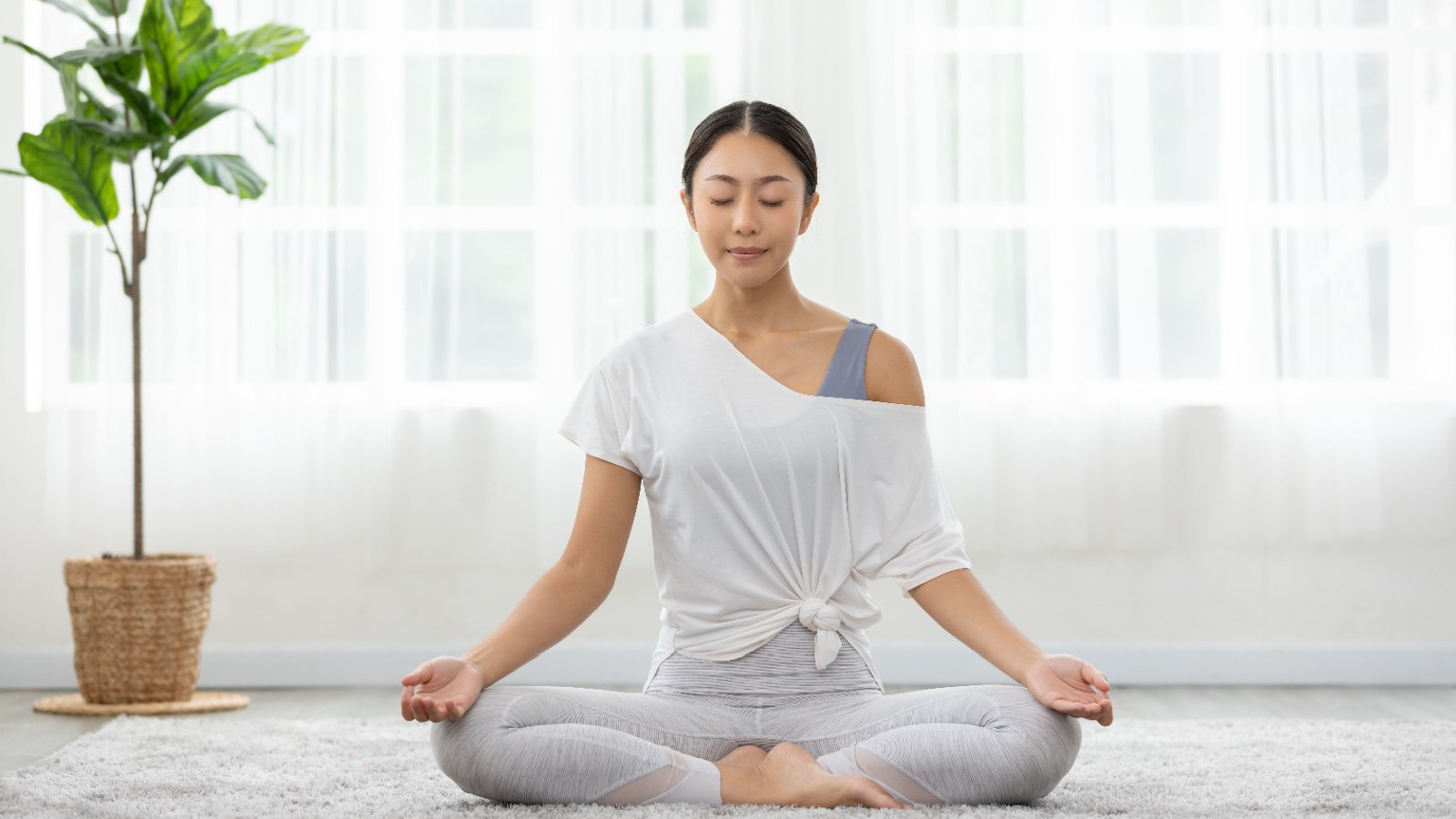
Taking time to reflect on what you’re grateful for can put your mind in a positive state before bed. Write down three things you’re thankful for every evening. This can shift your focus from worries to positivity.
Herbal Teatime

Certain herbal teas, such as chamomile or peppermint, can have a soothing effect and are a great pre-bedtime ritual. These teas are caffeine-free and can be part of your unwinding process. Enjoying a warm cup can be incredibly relaxing.
Mindfulness and Meditation
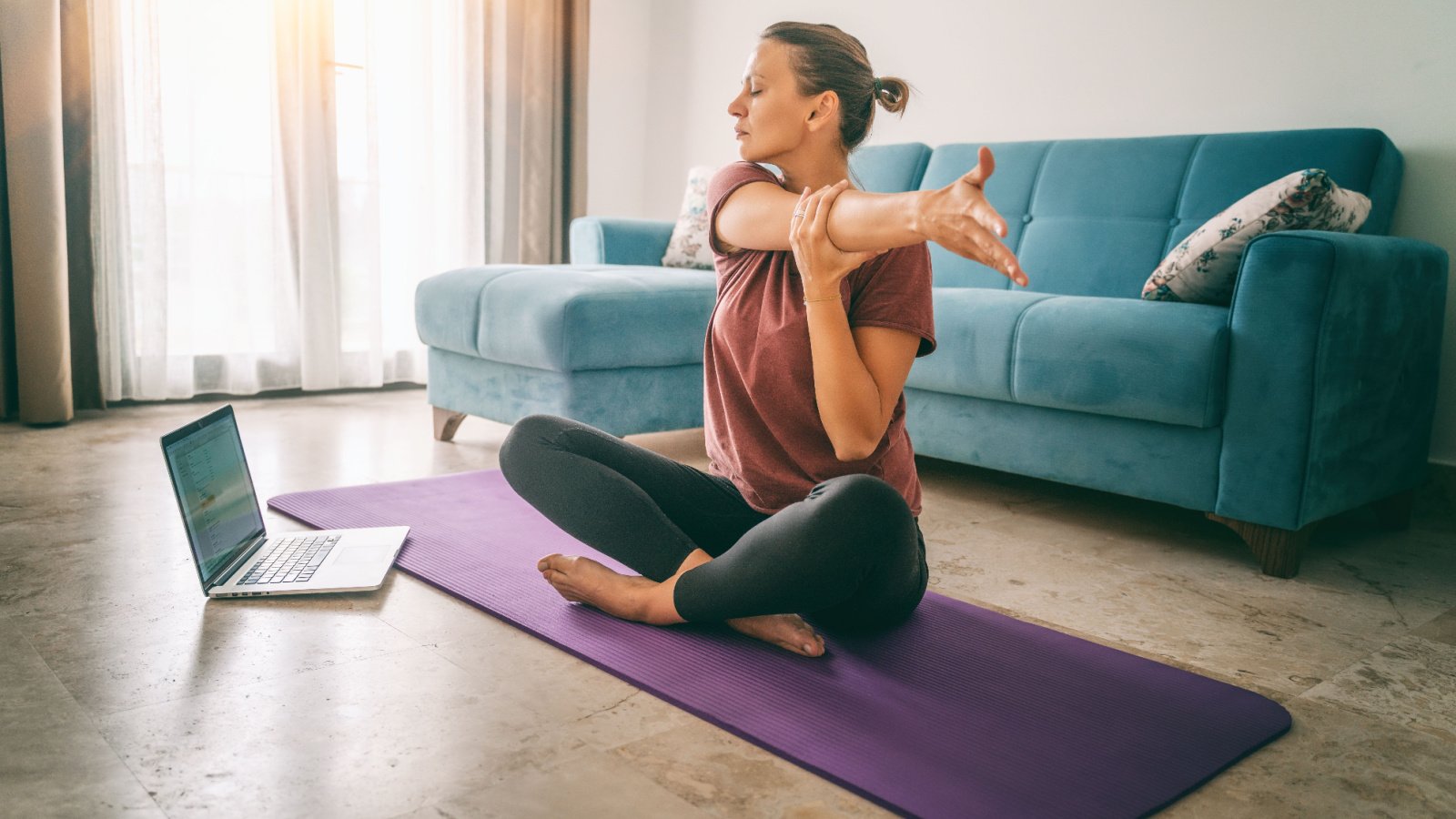
Mindfulness meditation can decrease stress and improve sleep quality. It involves focusing on your breath and being present in the moment. Even a few minutes can make a difference. “Meditation before bed has helped me silence the chatter in my mind,” comments a meditation app user.
Keep a Sleep Diary

Tracking your sleep habits can identify patterns or issues that might be affecting your sleep. Note when you go to bed, wake up, and any nighttime awakenings. Over time, this can help pinpoint what works for you.
Cool Down Before Bed

Taking a warm bath or shower can actually help cool your body down. As your body cools after the bath, it signals to the brain that it’s time for sleep. This can be a very effective part of your pre-sleep routine.
Listen to White Noise or Soothing Sounds

Background sounds like white noise, soft rain, or ocean waves can drown out other noises and provide a consistent aural environment for sleep. There are many apps and devices designed for this purpose. The monotone soundscapes can be surprisingly effective in lulling you to sleep. “Ocean sounds help me sleep like a baby,” says a commenter on a sleep technology review site.









好文!2026年世界杯越来越近了,让我们共同期待这场全球足球盛宴。日期:2025-11-12 09:40:28 (-03)。
好文!2026年世界杯越来越近了,让我们共同期待这场全球足球盛宴。日期:2025-11-15 08:35:47 (-03)。
Awesome post! Join the fun at https://wmi-app-whats.com 使用 WhatsApp 网页版,支持消息的定期备份,确保数据安全。 . Date: 2025-12-18 23:15:10 (-03).
Von sich erweiternden Wilds des Shrimp-Netzes und Freispielen bis zum Fang des Tages-Pick-Bonus verspricht dieser neue Slot von Rival
Gaming eine gute Zeit. Wenn Sie Ihre gewohnte Routine
bei kostenlosen Slots aufpeppen möchten, lesen Sie weiter.
Diese neueren Spiele bieten viele unterhaltsame Bonus-Runden und Freispiele.
Jeder, der daran interessiert ist, sein übliches kostenloses Slotspiel
aufzupeppen, sollte sich zunächst durch die riesige Bibliothek VSOs klicken.
Um einen der abertausenden kostenlosen Slots zu spielen, die für Sie bei
Casino Guru verfügbar sind, durchstöbern Sie einfach die Auswahl, die Sie auf dieser Seite finden. Fangen Sie doch einfach hier an und spielen Sie Ihren nächsten kostenlosen Slot!
Du suchst nach einem Ort, an dem du die besten kostenlosen Slots
spielen kannst, ohne dich anzumelden oder Geld zu riskieren? Wir bieten sowohl Neulingen als auch Profis die Möglichkeit, Blackjack kostenlos und ohne Anmeldung zu spielen.
In den besten Echtgeld-Slot-Spielotheken in Deutschland
kannst du kostenlos mit PayPal ein- und auszahlen. Zu einem guten Kundenservice gehört zudem, dass auf den Webseiten nützliche Frage- und Antwortsektionen oder Hilfe-Center
zu finden sind. Hierfür steht ein Kundenservice zur Verfügung, der
häufig telefonisch, per Live-Chat oder E-Mail erreichbar ist –
oft sogar rund um die Uhr. Fragen kann es trotzdem geben, beispielsweise zu Bonusbedingungen oder besonderen Aktionsangeboten. Der E-Wallet-Anbieter arbeitet nur
mit ausgewählten, besonders sicheren Spieleanbietern zusammen.
References:
https://online-spielhallen.de/vegaz-casino-mobile-app-dein-spielvergnugen-fur-unterwegs/
Lions take over at their own 37 after a good opening drive.
Jones pushes into the end zone from one yard out and the Lions find themselves at an early deficit.
Vikings get the ball again and a short field.
After dropping consecutive games for the first time since 2022,
the Lions are one loss away from missing out on the playoffs.
Detroit continued to insist on sticking with the run game, rushing five
straight times for a total of 8 yards. Detroit only 196 total yards of offense prior
to a last-minute, pad-statting drive, which would have been the worst of the
entire Dan Campbell era. The defense has
kept them around, but Detroit’s offense isn’t putting up much of a fight
in this potential playoff elimination game. The Vikings only had three net
passing yards for the game, but the frequent short fields and an explosive run from Jordan Addison made all the difference for the Lions.
The initial campus was on a 30-acre (12 ha) lot with six buildings,
and was able to accommodate 800 employees but eventually grew to 1,
400 by 1988. Building 92 on the campus contains a visitor
center (with interactive exhibits) and store that are open to
the public. Microsoft initially moved onto the grounds of the campus on February 26,
1986, weeks before the company went public on March 13.
The Microsoft campus is the informal name of Microsoft’s corporate headquarters, located at One Microsoft Way in Redmond,
Washington. Proximity to sports fields and walking trails further encourage
workers to engage in physical activity.
References:
https://blackcoin.co/bestes-echtgeld-online-casinos-in-deutschland/
After the player decides whether he will surrender his ante orbet (double his ante) the dealer deals another
card to each playerincluding himself. The dealer
will “qualify” and pay boththe ante and bet
if and only if the player has a lower cumulativevalue in their five card hand and the dealer
hand totals 32 orless. The amazing thing
about this system is that the “Hub” points canbe hundreds of miles from the originating destination, with modernair travel, and can still be faster than point
to point delivery.Welcome to the modern age. This driver islikely familiar with your street layout and and any complicationsto
delivery routs that could save you all the delays of a
driverthat went from A to B without the benefit of
this layout. Nowthat package is being delivered with a whole bunch
of otherpackages bound for your delivery location without deviating fromyour local delivery driver’s usual delivery rounds.
Imagine the cost if the package you dropped off had to be handdelivered
directly from your pick up point to your delivery point.It would be wasteful
and slow.
While not as big as the site in Halifax, Casino Nova Scotia Sydney boasts an impressive selection of 250+ slots.
McPhillips Street Station Casino is the other major casino in Winnipeg.
This location has been a staple of Winnipeg’s entertainment scene since 1993.
One of the smaller casinos in Australia, Casino Canberra does not
have poker machines, despite management pushing the government on the
topic over many years. Casino Canberra is the only legal place to play table games in the Australian Capital Territory.
These days Wrest Point Casino dominates the Hobart skyline and has over
250 rooms for accommodation, 600 poker machines and many
tables. Crown Melbourne is the biggest casino in Australia, with
more than 2500 pokies and 540 table games.
References:
https://blackcoin.co/sg-casino-a-comprehensive-review/
online betting with paypal winnersbet
References:
https://www.swingputt.com/
online real casino paypal
References:
https://www.iqconsult.pro/employer/online-casinos-archives-page-2-of-2/